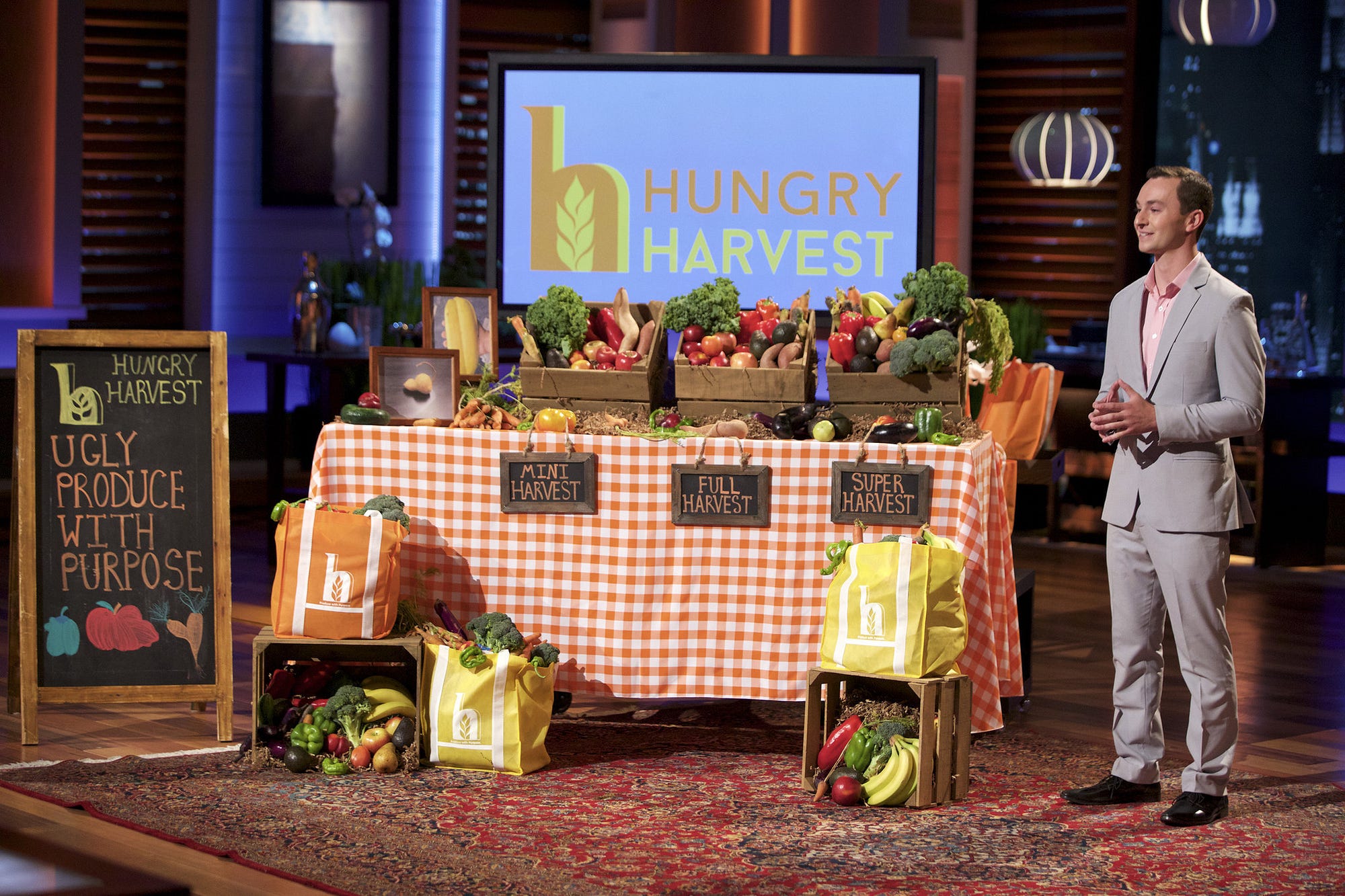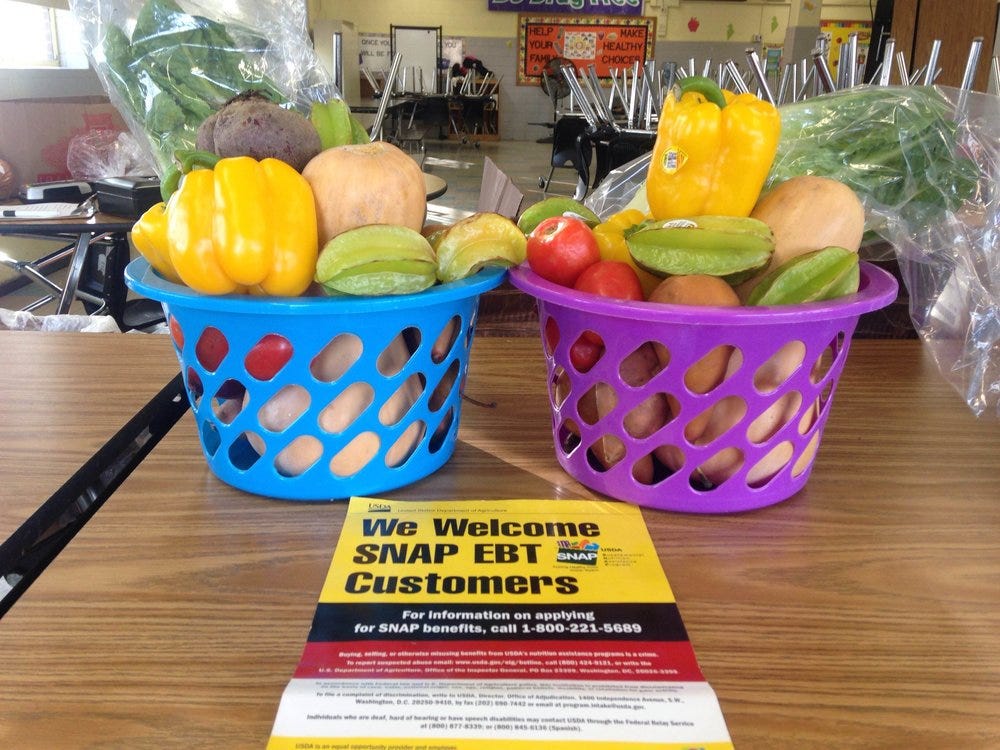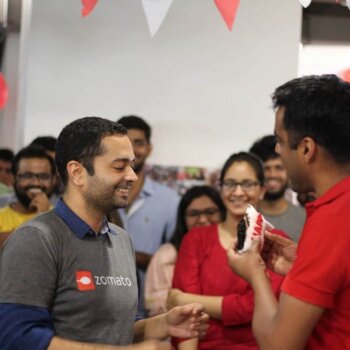Hungry Harvest is a Shark Tank-backed produce delivery service on a mission to fight food waste and end hunger. We source produce that would’ve otherwise gone to waste and deliver it in variety boxes to thousands of subscribers on a weekly basis. For every box we deliver, we subsidize 3 lbs of produce for food-insecure families.

Almost two years ago, on the set of Shark Tank, I told the Sharks about our initiative to fight hunger. For every box we sold, we donated 2–3 pounds of produce to local nonprofits.
Mr. Wonderful asked why we were doing this when we were unprofitable and at such a small scale. Mark Cuban jumped in and said ‘It’s a marketing expense!’
So I said: ‘Exactly!’
I was wrong.
At that point in my life, I didn’t know that solving hunger takes more than just regularly donating food.
It takes a solution that has four criteria. Healthy food has to be:
- Affordable
- Accessible
- In-demand
- Sustainable & scalable from a business perspective
About 10 months ago, I realized that we were not fulfilling our mission to the greatest capacity by simply donating food. We had to take more action, and dive deeper into this solution.
We decided to return to our roots.
I got my start selling ugly fruits and veggies by setting up produce stands at the University of Maryland, where I sold 5lb bags to students, faculty, and staff. The program grew to hundreds of weekly customers, and in May 2014 I launched a delivery-model of the same concept.
I thought — if this could work at my college, why can’t it work in public schools?
Last August, we opened our first Produce In A SNAP site at Franklin Square elementary, in the middle of a food desert. We sell 7–12lb bags to residents that don’t otherwise have access to affordable produce, for just $7. We also accept SNAP and EBT, hence “SNAP” in the program’s name.

The program has since taken off. We’ve sold over 3,000 bags and $30,000 in revenue in the seven months since the program got started. We’re expanding to two new sites per month.
PIAS stands are run by students, who are kept off the streets and away from other distractions when running the produce stands. They also make a stipend for running the stands. For many, it’s their first job.
The program is profitable as well, which is important to sustainably solving hunger. We’re using those profits to buy more EBT machines, hire more site managers, and expand to more schools. Eventually, we’ll expand to Washington DC, Philadelphia, and other cities.
This program is more than a ‘marketing expense.’ First, it’s not an expense at all. It’s actually a revenue stream. Second, it’s systematically solving hunger in Baltimore.
We looked at hunger as a business problem and not as a charity — and that philosophy led us to come up with a solution that actually solves hunger, not just for marketing purposes.
Oh, how wrong I was to think that fighting hunger was something we only did for marketing. It’s why we exist, and the PIAS program is our solution to wipe food deserts off the map in Baltimore, Philadelphia, DC, and other cities in the next five years.
_______________________________________________
About the Author
This article was written by Evan Lutz of Hacker Noon.





























